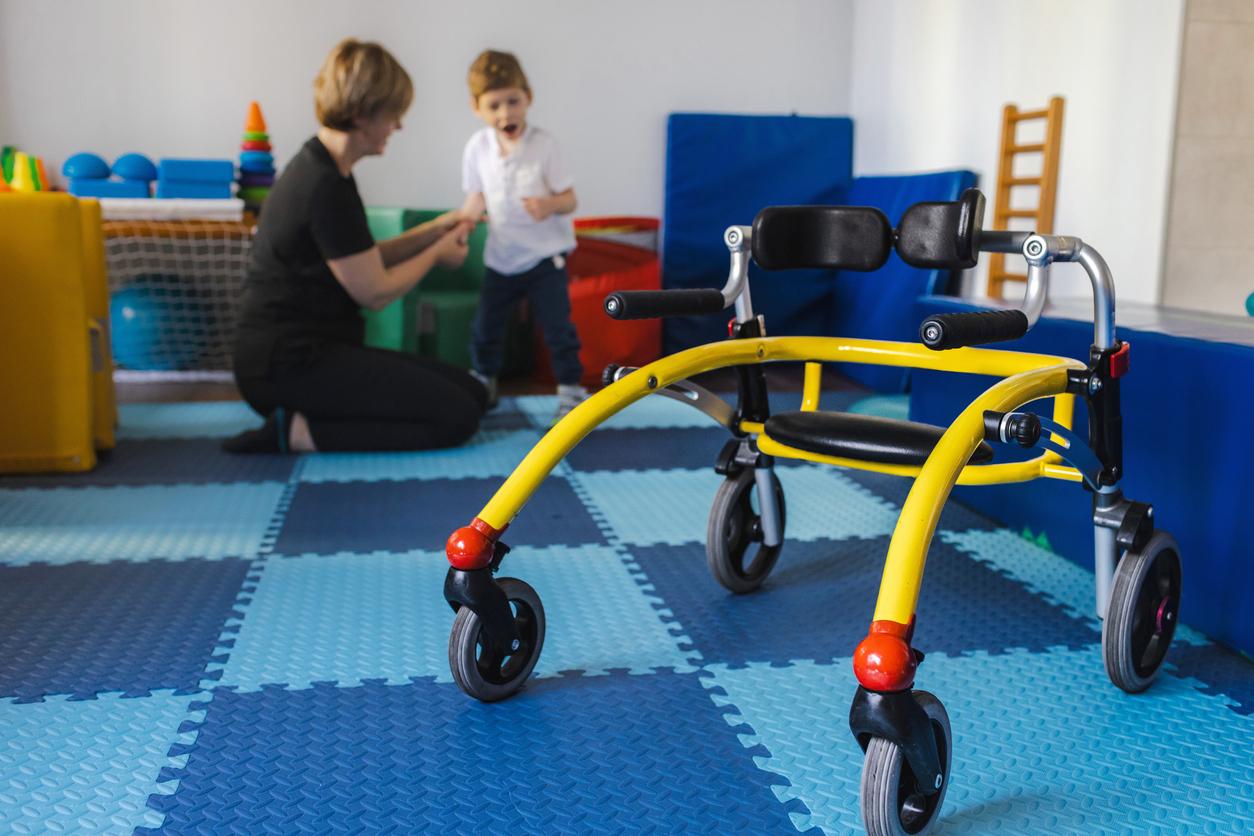On the occasion of World Procrastination Day, Diane Ballonad-Rolland, consultant in organization and time management, founder and director of the firm Time & Balance and author of “J’stop de procrastiner” published by Eyrolles, describes how to get out of this state. And explains that sometimes postponing is good for your health.

– Why Doctor – What is procrastination?
Diane Ballonad Rolland – It’s a tendency, shared by many people, to put off until tomorrow what they could potentially do today or even now. It is the fact of differing. When we procrastinate, we know that we are procrastinating. It is a conscious action that relies on unconscious springs.
In general, these are targeted tendencies that aim for a particular action. Sometimes it can be the symptom or the consequence of certain illnesses such as depression where the slightest gesture seems disproportionate and where one lacks energy. This concerns everyone, even people who seem very organized but who will get stuck on a simple task such as sorting out clutter or making appointments, in particular medical appointments.
– Why do we procrastinate?
The causes are multiple. We are all a little procrastinator in different areas: some are more in the professional field, others in personal spheres. The administrative phobia that has been talked about so much lately also fits into this pattern.
It may be related to education. We often pick up bad habits during studies that we tend to reproduce in working life. There are also those who are perfectionists and who will find it difficult to take action before being certain of producing something successful. They will have difficulty doing what appears to them as sketches or drafts but which can sometimes be enough. All these intermediate stages can be difficult to live with and they will put in place strategies not to deliver what they have to deliver. What also often comes up is the lack of interest. I questioned many teenagers when I started writing my book and they very quickly admitted to me that they did not take action due to lack of desire or the desire to do something else. There are still some who procrastinate for fear of failure or judgment from others.
– How can we get out of a state of procrastination?
The first thing is to make a diagnosis and understand why I procrastinate. It is important to take the time to ask yourself this question and to bring awareness to this state of affairs. You have to have enough perspective on yourself and the ability to self-analyze. If procrastination becomes a problem, it is usually because we are aware of it.
We must be careful because this can have an impact on the self-esteem that we gradually lose, especially in our ability to go after things. This can create a vicious circle since the more I procrastinate the more I will stress and my mental load concerning the task to be performed will increase. It is important to break this circle and regain confidence in your ability to follow through and your actions. In some cases, this can be very penalizing and disabling and requires medical support.
In my book, I propose an inventory in 7 steps: identify what I tend to postpone, specify what puts me off, define what prevents me from getting started, take stock of false good excuses not to do, become aware of the price of my procrastination with a cost/benefit ratio and dare to confront my fears.
You have to look into the tasks that lead me to procrastinate to dissect and understand why I procrastinate in this area in particular. You have to identify precisely what puts me off because sometimes it’s not the task that blocks me but a part of it. For example, some of the people do not like to do the dishes and when you dig, you realize that it is not the dishes in themselves that are blocking but the action of emptying the dishes which is to dry. Another lever can be to calculate what it cost the person to have procrastinated, whether professionally, financially or in time. This allows you to have more motivation.
The ultimate goal is to define the strategy to move from inaction to action. We can go there slowly. I often recommend taking it easy. We can put a strategy of limited time so as not to impose something too big on ourselves. The hardest effort is to get started and then, in general, it is easier to continue.
– Are there good sides to procrastination?
Full ! I defend what is called positive procrastination. In some cases, procrastinating is good. It can be good when you have the opportunity to do, when you lack energy, when you feel that the best thing to do is to decompress to better resume your activity. Sometimes the best thing to do is to differ. It’s good for mental health. We can’t always be in the doing or in what we have to do, in the injunctions. To stay alive, we need time to let go of constraints. I find that rather reassuring and healthy from a mental health point of view. I encourage him sometimes. Procrastinating from time to time, when it’s justified and it’s to do better afterwards, it’s positive procrastination and it’s very good.
There is also what is called precrastination which is the fact of always being in the planning, the organization. This is found in more anxious people who want to control and anticipate everything. To have a good balance, it is better not to always want to control everything. You have to try to find this subtle balance.
To write my book, and I explain it in it, I procrastinated and that helped me. I had to find my own strategies to get there. You have to get out of this feeling of guilt for not getting into it, which becomes a mental burden that you carry around. The more we get out of this guilt-ridden side, the more easily we find the path to action.
– Have health restrictions changed our procrastination habits?
Yes and no. With the development of teleworking, we observe that there are many people who are in the action and even a little too much because they forget to take breaks. We feel that the work has intensified. They find it harder to disconnect. During the first lockdown, many people were cut off from their jobs. What we also observe is that one of the reasons why we can procrastinate is when we are faced with too many constraints. People who procrastinate are in a form of rejection of constraints, especially among retired women who were over-active during their working life and who, once retired, with the children also gone from home, rejected any form of time constraint and pressure that led them to no longer maintain the house or do administrative work. It is the consequence of being fed up and rejecting constraints.
With telework, some are still adaptive today. Not everyone is made to telecommute and often there is an overflow of professional life into personal life. There is also more procrastination because there is no time to decompress. People lack pressure relief valves such as breaks or informal moments that can be small talk with colleagues that allows us to bear the rest. The brain needs time from nothing and not to be constantly in action.
.













